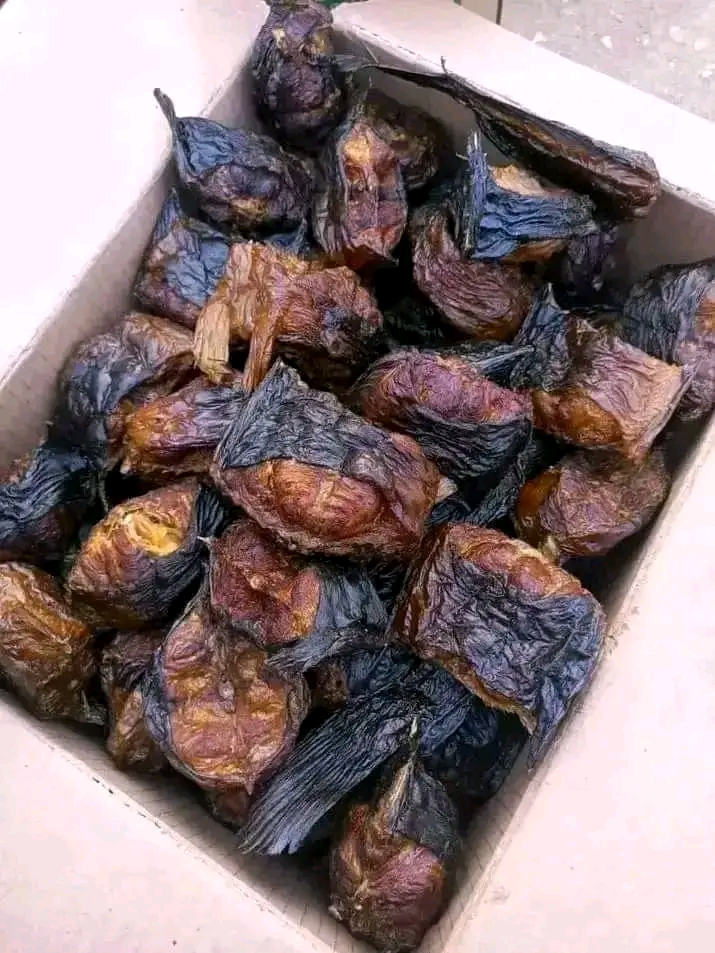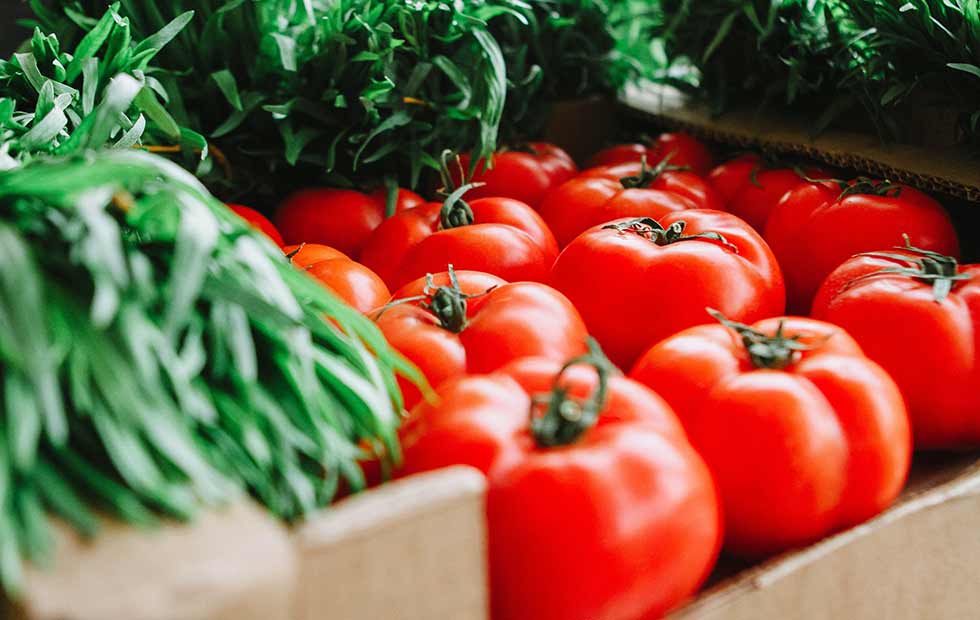
The Importance of Food Preservation
Food preservation is the process of treating and handling food in ways that slow down spoilage and prevent foodborne illnesses. By preserving food, we extend its shelf life, maintain its nutritional value, and reduce food waste — all essential for a sustainable food system.
There are several traditional and modern methods of food preservation. Common traditional techniques include:
- drying,
- salting,
- fermenting, and
- pickling.
These methods have been used for centuries and are still popular in many cultures today. For example, drying removes moisture to inhibit the growth of bacteria, while fermentation uses natural organisms to create acidic or alcoholic environments that preserve food.
Modern methods such as refrigeration, freezing, vacuum sealing, and the use of preservatives have revolutionized food storage. Refrigeration slows bacterial growth, while freezing halts it almost entirely. Vacuum sealing removes air, which helps prevent the growth of aerobic bacteria and mold. Chemical preservatives are also used in many packaged foods to inhibit microbial activity and oxidation.
Food preservation plays a crucial role in food security by reducing spoilage, enabling transportation of food across long distances, and helping communities withstand seasonal changes and natural disasters. As the global population grows, improving and innovating preservation methods will be essential for feeding the world efficiently and safely.



